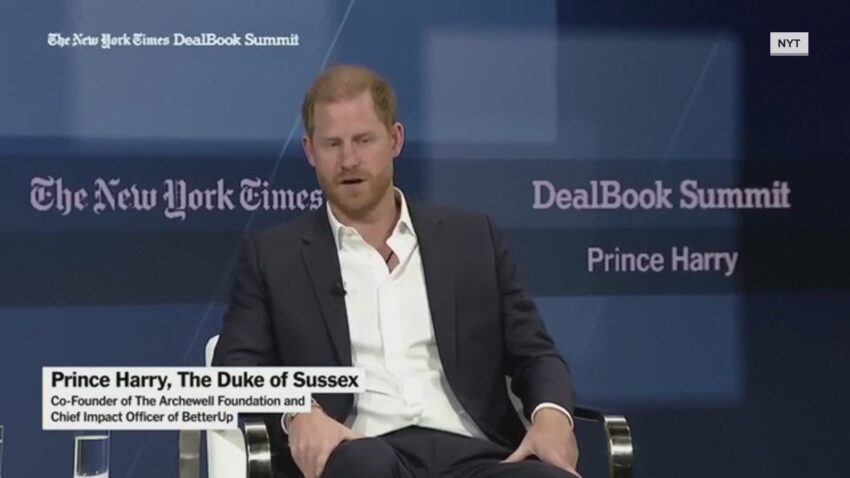In a remarkable turn of events, Prince Harry and Lord Tom Watson have received a formal apology from News Group Newspapers (NGN), a subsidiary of the Murdoch Organization.
This unprecedented acknowledgment of wrongdoing marks a significant moment in the ongoing saga between high-profile individuals and powerful media entities.
The apology was delivered in court, shedding light on the murky waters of unlawful activities that have long plagued the tabloid industry.
The admission by NGN is not just a routine apology; it represents a seismic shift in the media landscape, especially given the notorious reputation of the Murdoch empire.
For the first time, the organization has openly recognized that private investigators working for the Sun engaged in illegal activities, raising eyebrows and questions across the board.
What evidence did Prince Harry possess that compelled such a dramatic response?
This revelation opens the door to a deeper exploration of the implications behind this landmark moment.
The significance of this public apology cannot be overstated.
It directly addresses the misconduct faced by Harry and Watson, two figures who have been vocal about the unethical practices within the media.
The actions of private investigators linked to the Sun are now under scrutiny, and this admission hints at a broader narrative that has been simmering beneath the surface for years.
It brings to mind the infamous phone-hacking scandal that rocked Britain, exposing the lengths to which tabloids would go to secure a story.
What led to this sudden change of heart from the Murdoch Organization?
Known for its tenacity in the face of controversy, the decision to admit fault suggests that the evidence presented by Prince Harry was extraordinarily compelling.
The fact that the Murdoch group chose to halt the trial rather than continue to contest the allegations speaks volumes about the weight of Harry’s findings.
Imagine a giant like the Murdoch Organization, accustomed to wielding power and influence, suddenly finding itself cornered.
The gravity of their admission is akin to a tectonic shift in the media world, one that could have lasting repercussions.
The question lingers: what exactly did Prince Harry uncover?
The nature of his evidence must have been substantial enough to threaten the very foundation of the Murdoch empire’s carefully curated image.
The apology serves as a tacit acknowledgment of guilt, an admission that likely stemmed from fear of exposure.
The stakes are high in this game, and it appears that Prince Harry held the trump card.
His evidence acted as a catalyst, forcing NGN into a position where it had no choice but to concede.
This scenario mirrors the classic David versus Goliath tale, where the underdog triumphs against all odds through the power of truth and evidence.
But the implications stretch far beyond this individual case.
The incident underscores the potential of evidence to unveil hidden truths, challenging the notion that powerful entities can operate without scrutiny.
The fear of exposure becomes a driving force, prompting organizations to take drastic measures to protect their interests, as seen with the NGN’s abrupt admission of guilt.
As the dust settles, it’s clear that Prince Harry has emerged as an unlikely champion in this narrative.
Despite his royal heritage, he has shown remarkable courage in confronting a media giant.
His pursuit of justice resonates not just for himself, but for countless others who have felt victimized by the relentless pursuit of sensationalism.
Harry’s determination to see this battle through underscores a vital message: accountability is paramount, regardless of status or power.
This moment is not merely a personal victory for him; it symbolizes a broader triumph for those who have been silenced.
The Murdoch Organization’s admission of unlawful activities opens the floodgates for further scrutiny, potentially reshaping the future of media ethics.
This unfolding saga offers a fascinating glimpse into the intricate dynamics of power, privacy, and accountability.
The apology from NGN to Prince Harry and Tom Watson signifies more than just an acknowledgment of past misdeeds; it raises profound questions about the responsibilities of the media and the sanctity of individual rights.
As we witness this pivotal moment, it serves as a reminder that even the most powerful can be held accountable when faced with undeniable evidence.
